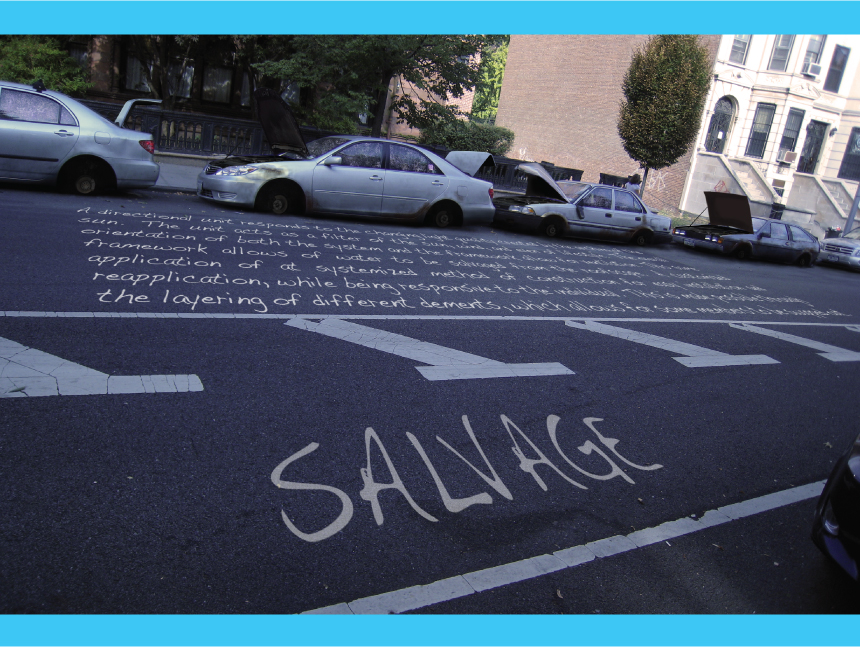
“Hoy, nabalitaan mo ba yung na-salvage dun sa may talahiban?” What do we really mean by the word ‘salvage’ here? For typical Pinoys or Batanguenos, the word salvage is commonly used when someone’s body is found lifeless somewhere (i.e. river, bushy woods). But for the information of these people who still believe that salvage means to kill such as in statement like this: Ano pare, i-salvage na natin yung nang-gago sa’yo, this word means the opposite of the meaning we have attatch to this word. And that is -TO SAVE.
In a Webster Dictionary, this word is defined as:
salvage definition sal·vage (sal′vij) noun
1. the voluntary rescue of a ship or its cargo at sea from peril such as fire, shipwreck, capture, etc.
2. compensation paid for such a rescue
3. the ship or cargo so rescued
4. the recovery of a sunken or wrecked ship or its cargo as by divers
- the saving or rescue of any goods, property, etc. from destruction, damage, or waste
- any material, goods, etc. thus saved and sold or put to use
- the value, or proceeds from the sale, of such goods, specif. of damaged goods, as involved in insurance claim settlements
Etymology: Fr < MFr < salver, to save
transitive verb -·vaged, -·vag·ing
to save or rescue from shipwreck, fire, flood, etc.; engage or succeed in the salvage of (ships, goods, etc.)
My point now is, we have to be careful whenever we use the word salvage specially when we are talking to a foreigner because we might get misinterpreted. Use the word salvage appropriately. We don’t want to be laughed at anyway.
 WOWBatangas.com Your Source of Great News and Stories from the Province of Batangas, Philippines
WOWBatangas.com Your Source of Great News and Stories from the Province of Batangas, Philippines



